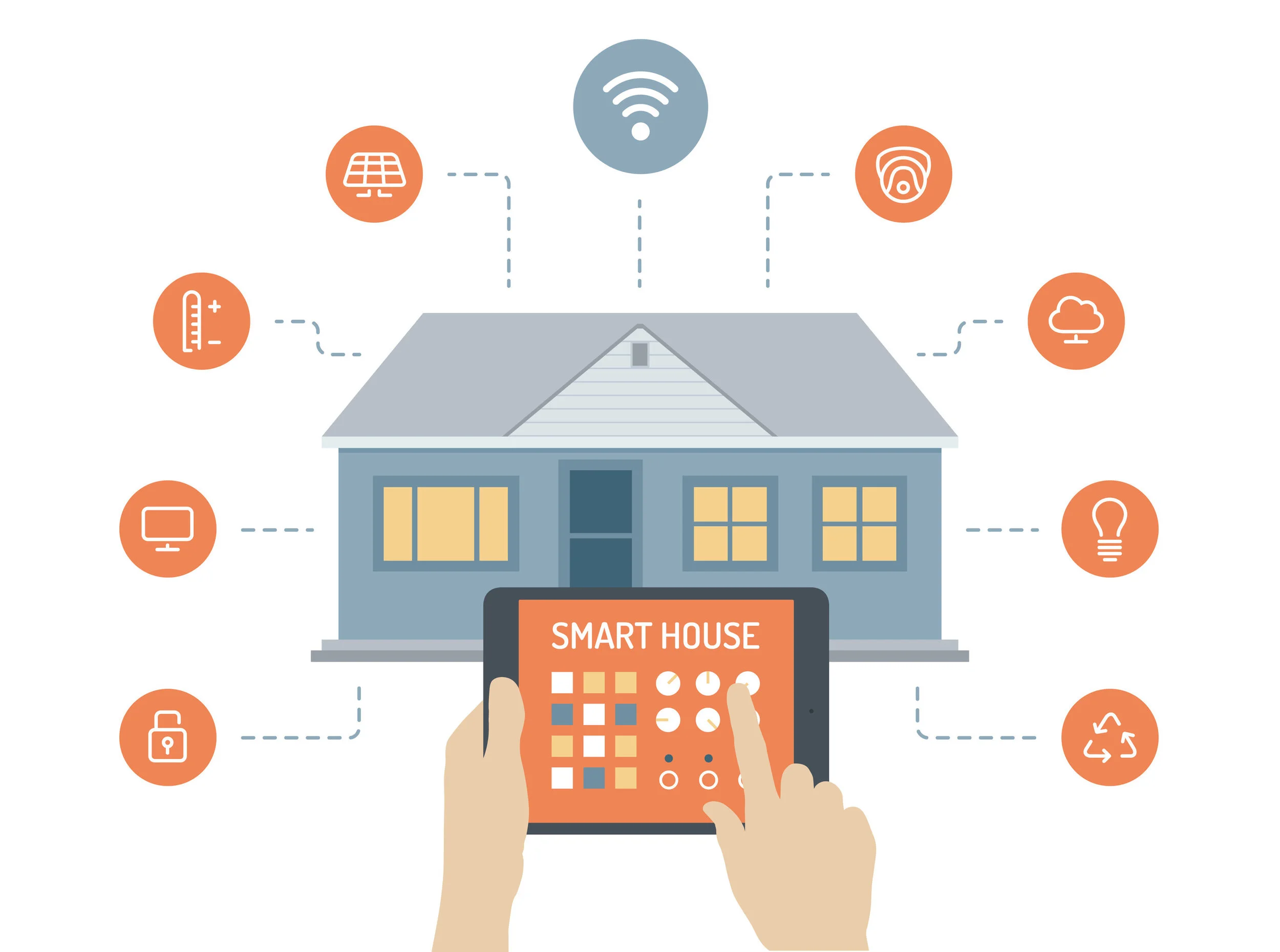Optimizing Energy Usage: The Essence of Home Energy Management
Home energy management has emerged as a key focus for environmentally conscious homeowners seeking to reduce their carbon footprint and save on utility bills. This article explores the significance of efficient home energy management and the smart solutions available for achieving substantial savings.
Understanding Home Energy Management Systems
At the heart of efficient energy usage lies Home Energy Management Systems (HEMS). These systems integrate smart technologies to monitor, control, and optimize energy consumption within a household. From heating and cooling to lighting and appliances, HEMS provides a centralized platform for users to manage and regulate their energy usage effectively.
Smart Thermostats for Temperature Control
One of the primary components of home energy management is temperature regulation. Smart thermostats offer a dynamic solution by learning user preferences, adjusting temperatures based on occupancy, and optimizing heating and cooling schedules. By intelligently managing HVAC systems, homeowners can achieve significant energy savings without compromising comfort.
Energy-Efficient Lighting Solutions
Lighting accounts for a notable portion of a home’s energy consumption. Implementing energy-efficient lighting solutions, such as LED bulbs and smart lighting systems, contributes to substantial energy savings. These systems can be integrated into the home energy management framework, allowing users to control lighting remotely and set automated schedules.
Appliance Automation and Energy Savings
Home energy management extends to the automation of household appliances. Smart appliances, when integrated into the system, can be programmed to operate during off-peak hours, taking advantage of lower electricity rates. This not only reduces energy costs but also contributes to overall grid efficiency.
Monitoring and Analyzing Energy Usage Patterns
Effective home energy management involves continuous monitoring and analysis of energy usage patterns. Smart meters and monitoring devices provide real-time data on energy consumption, enabling homeowners to identify energy-intensive appliances and behaviors. This insight empowers users to make informed decisions to optimize their energy consumption further.
Renewable Energy Integration
For a comprehensive approach to sustainable energy management, integrating renewable energy sources is pivotal. Home energy management systems can incorporate solar panels, wind turbines, or other renewable energy solutions. This not only reduces reliance on conventional energy grids but also positions homeowners to generate their clean and green energy.
Grid Interaction for Peak Efficiency
Home energy management systems can be designed to interact with the energy grid intelligently. This includes participating in demand-response programs, where homeowners can adjust their energy usage during peak hours to balance the overall load on the grid. In return, users may receive incentives or reduced energy rates.
Cost Savings and Return on Investment
While the initial investment in a home energy management system may seem significant, the long-term cost savings often outweigh the upfront expenses. From reduced utility bills to potential government incentives for energy-efficient upgrades, homeowners can experience a considerable return on investment by adopting smart energy management practices.
Creating a Sustainable Future with Home Energy Management
In the pursuit of a sustainable future, individual efforts play a crucial role. Home energy management empowers homeowners to actively contribute to energy conservation and environmental stewardship. By adopting smart technologies and making informed choices, households can collectively make a significant impact on global energy consumption patterns.
To explore cutting-edge solutions for home energy management and embark on a journey towards a more sustainable lifestyle, visit Home energy management. Discover the possibilities of efficient energy usage and take control of your home’s environmental impact.

